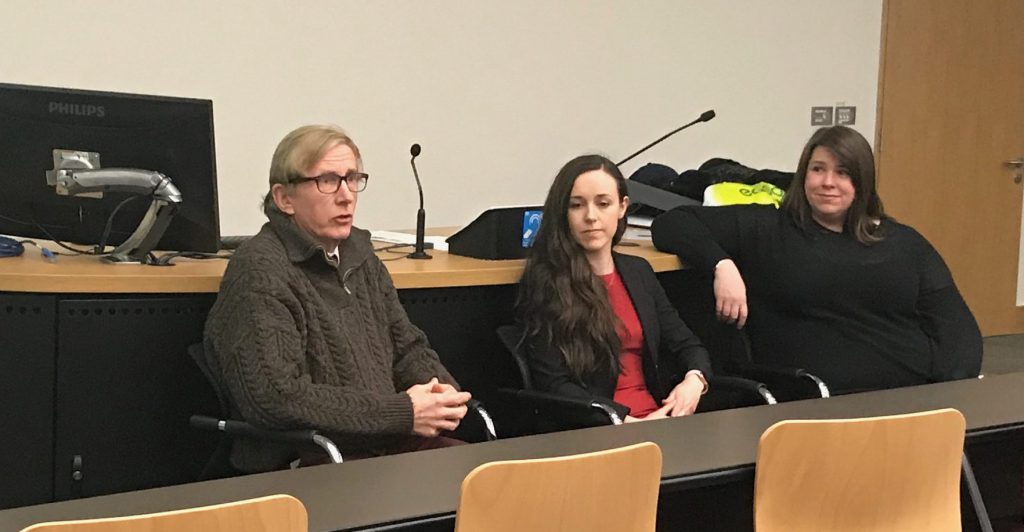Work is ongoing in University College Dublin (UCD) to develop the “climate-friendly cow” – with methane reduction levels of up to 50% – as efforts continue to ramp up methods for reducing greenhouse gases (GHGs) in the Irish agricultural sector, UCD students heard this week.
In a sustainability panel discussion on “Are vegan diets better for us?” organised by Healthy UCD and UCD Nutrition Society, the topic of GHG emissions in the agricultural sector was discussed.
The talk comprised a panel of experts including: Prof. Paddy Wall, Professor of Public Health in UCD; Maeve Hanan, a registered dietitian and owner of ‘Dietetically Speaking’; and Dr. Kirstie McAdoo, head of education and research at Airfield Estate.
Commenting on the topic, Prof. Wall said: “There’s a team out in Lyons who are looking at producing the ‘climate-friendly cow’.
If you’re worried about cows producing GHGs, we can modify the microbiome in the cow’s rumen and knock out the methanogenic [methane-producing] bacteria without damaging [the cow].
Prof. Wall noted that the cow has four stomachs and the first stomach is like a fermentation plant – that’s where the methane comes from.
“We could actually knock out the methanogenic bacteria without actually disrupting the efficiency of the rumen and we’d have a climate-friendly cow,” he said.
“We got some of the PhD students who are working on that out there; they’re equally as enthusiastic as Greta Thunberg is about GHGs.
“We’re going to get rid of GHGs with the climate-friendly cow,” he said.
She warned that methane produced by cows is worse than CO2 for heat retention and GHG effects.
However, she added: “It has a much shorter lifespan in our environment. Methane, as it’s produced today, will not be here in 12 years’ time essentially, whereas CO2 produced today will be here for hundreds of years’ time.
“We have to look at the practicality. If we cull the beef and dairy herds tomorrow, yes we would see a huge reduction in our GHGs – but we’d still have the same sort of problems with industry and transport producing huge amounts of CO2 that are going to keep global warming going for hundreds of years into the future.
“So, it’s not just a simple question of ‘lets just cut it out’.
The diets that I was looking at in my own research – but it has been continued on since – are really effective at reducing methane out of animals. We saw reductions of up to 50% with regards to some of the diets.
However, she stressed: “Those diets weren’t sustainable in themselves because they were introducing soya oil and fish oil into the diet – so it’s about taking that research and distilling it down.”
Dr. McAdoo added that the key is finding what part of the soya oil is effective in reducing the methanogenic bacteria – without killing all of it, which would be damaging for the cow.


